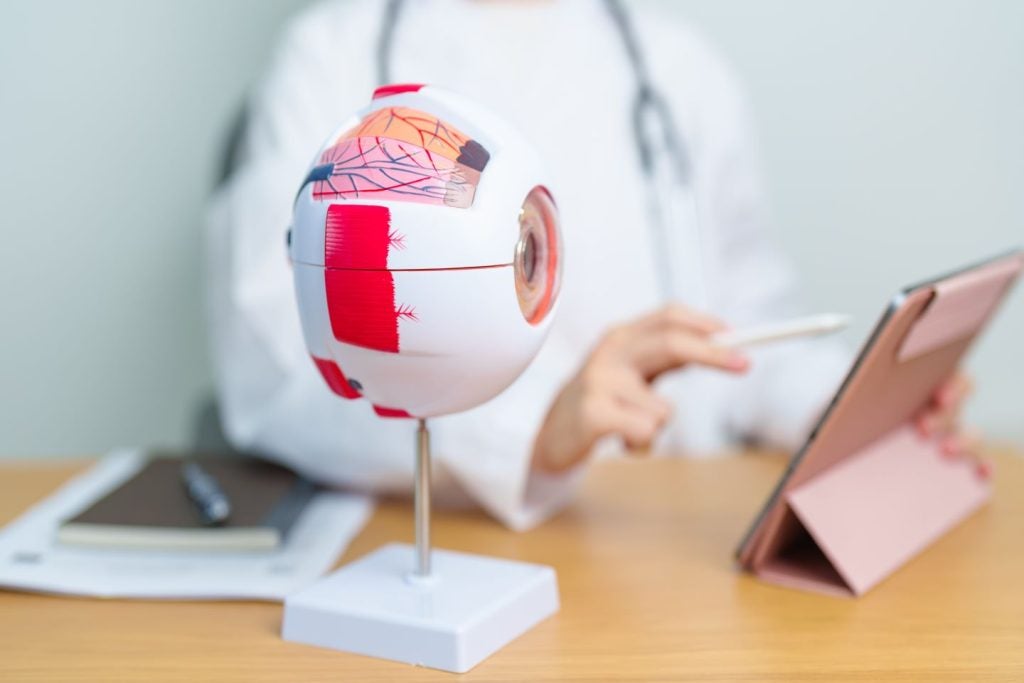A vast majority of people still do not understand the process of drug development unless clinical trials are the only treatment option left, says Richard Torbett, chief executive at the Association of the British Pharmaceutical Industry (ABPI).
However, Torbett noted that the Covid-19 pandemic has helped the public engage with research. At the ongoing FT Live Global Pharma and Biotech Summit, he said there is a sense that the public is interested in getting involved in clinical trials if their medical information is respected and well-governed.
The pandemic has also led to an increased regulatory push to make clinical trials patient-centric. Regulatory agencies such as the US Food and Drug Administration (FDA) and European Medicines Agency (EMA) have come out with recommendations for decentralised clinical trials (DCTs), which are research models that are more convenient to trial participants.
While the regulators are moving at a faster pace, the industries are slower to act upon diversity, said Ashmee Bhardia, vice president of patient recruitment and retention at clinical research group ICON.
Speaking at the panel discussion: ‘How is Patient Engagement Evolving Clinically and Commercially?’, Bhardia said that regulators and the industry need to work in partnerships.
In addition, there are new recruitment models that are enabled by technology where patients can engage with clinical trials themselves, added Hanno Ronte, partner at Deloitte. Indeed, technologies such as artificial intelligence have been used to match eligible participants to trials. However, there is a challenge in ensuring that the information is accurate and appropriate.
Even in their daily lives, patients are accustomed to using devices such as smartwatches, noted Bhardia. The continuation of using technology could ease participation.
Yet, technology is not the optimal solution to solve recruitment problems. Communicating with patient associations and community leaders is as important, said Veronique Walsh, general manager and vice president of UK and Ireland at Gilead Sciences.
Clinical Trials Arena has previously reported on the importance of human touch on patient experience in clinical trials.
Patient associations also play a crucial role in increasing access to medicine, said Ronte. A handful of countries such as the US allow direct advertisement to patients, while other countries do not. In addition, there are still lingering trust issues when pharma tries to connect with patients, which patient groups could help to solve.















